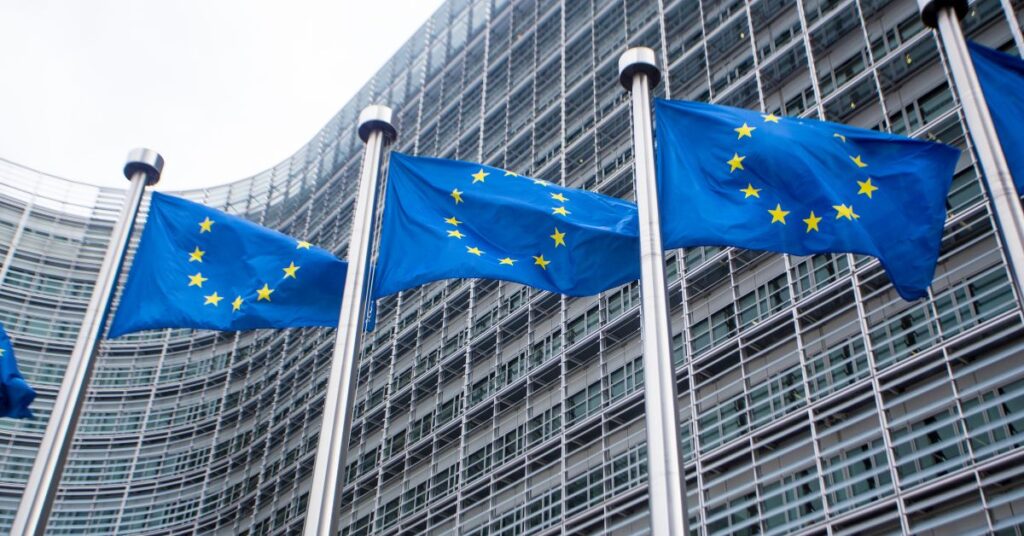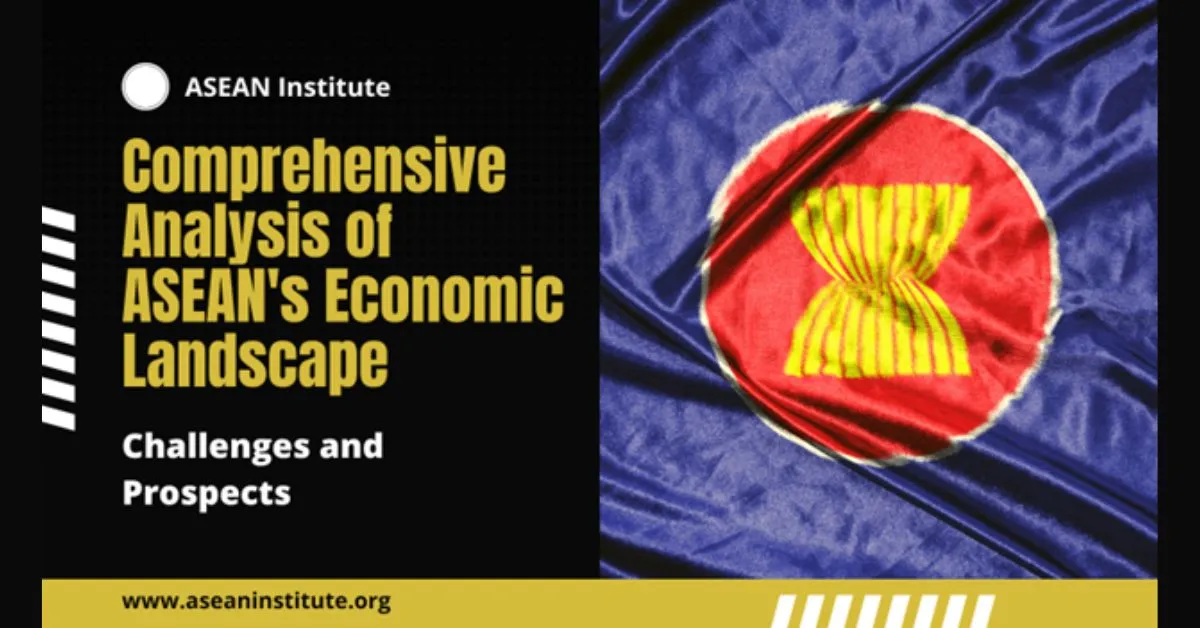A paradigm shift is occurring in global trade, as environmental concerns take center stage in policymaking. The European Union’s (EU) Green Deal exemplifies this shift, aiming to make Europe the world’s first climate-neutral continent by 2050. As a consequence, this ambitious policy has far-reaching implications for the Association of Southeast Asian Nations (ASEAN) trade relations. The following analysis delves into the challenges and opportunities presented by the EU Green Deal to the ASEAN countries.
Foremost, the EU’s Green Deal is reshaping trade by incorporating sustainability and carbon neutrality goals into its trade policies. This is evidenced by the introduction of the Carbon Border Adjustment Mechanism (CBAM), which adjusts the prices of imported goods based on their embedded carbon emissions (Horn, 2021). For ASEAN nations, this mechanism poses challenges, as their industries, heavily reliant on fossil fuels, may face increased costs and reduced competitiveness in the European market (Zhang, 2021).
Nevertheless, the EU Green Deal also presents opportunities for ASEAN countries to transition towards sustainable economic models. By aligning their domestic policies with the EU’s environmental standards, these nations can attract foreign investments and gain preferential access to European markets (Laplante, 2020). Moreover, ASEAN countries can capitalize on the growing demand for green products and services in the EU, fostering the development of eco-friendly industries such as renewable energy, sustainable agriculture, and green finance (Nguyen, 2021).
Furthermore, the EU Green Deal encourages regional cooperation in addressing climate change and promoting sustainable development. The EU-ASEAN Comprehensive Air Transport Agreement (CATA) exemplifies this cooperative approach, facilitating the exchange of knowledge and technology to improve aviation’s environmental performance (Chang, 2020). Additionally, the EU’s Green Deal serves as an impetus for ASEAN nations to strengthen regional integration and create a unified approach to environmental issues, as evidenced by the ASEAN Community Vision 2025 (Martinez-Zarzoso, 2021).
However, the implementation of the EU Green Deal also raises concerns regarding the potential exacerbation of inequalities within ASEAN countries. The transition towards a green economy requires substantial investments in infrastructure and human capital, which may exacerbate existing disparities between wealthier and less developed nations in the region (Bhattacharyya, 2020). Thus, it is crucial to design policies that address these inequalities and ensure a just transition for all ASEAN countries.
In conclusion, the EU Green Deal has profound implications for ASEAN trade relations, posing challenges and opportunities alike. By embracing the transition towards sustainability and fostering regional cooperation, ASEAN countries can seize the opportunities presented by the EU’s ambitious climate goals while mitigating potential drawbacks. Ultimately, the EU Green Deal serves as a catalyst for change, inspiring ASEAN countries to adopt more sustainable trade practices and contribute to a greener global economy.
References:
Bhattacharyya, S. (2020). Energy Access and Inequality in ASEAN: A Policy Perspective. Energy Policy, 144, 111672.
Chang, Y.-C. (2020). The EU-ASEAN Comprehensive Air Transport Agreement: Implications and Challenges. Journal of Air Transport Management, 89, 101931.
Horn, H. (2021). The EU Carbon Border Adjustment Mechanism: Issues and Options. World Trade Review, 20(3), 379-402.
Laplante, L. (2020). Financing the Transition to a Green Economy in ASEAN: Challenges and Opportunities. Global Policy, 11(4), 481-490.
Martinez-Zarzoso, I. (2021). The EU Green Deal and Trade Relations: Implications for ASEAN Countries. International Economics and Economic Policy, 18(1), 89-107.
Nguyen, H. T. (2021). Greening ASEAN Industries for a Sustainable Future. Journal of Cleaner Production, 279, 123537.
Zhang, Z. (2021). The Carbon Border Adjustment Mechanism and its Implications for Developing Countries: The Case of ASEAN. Energy Policy, 149, 112096.











